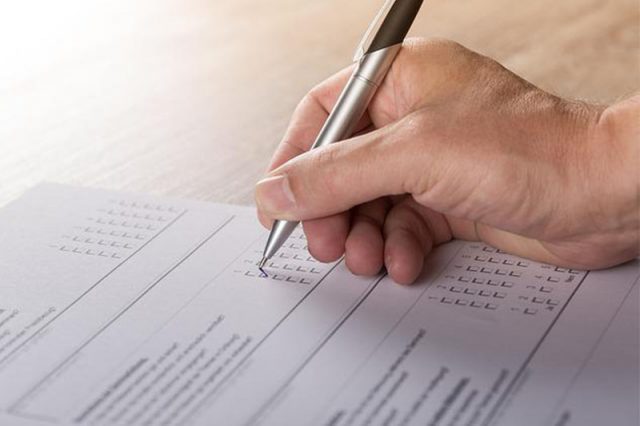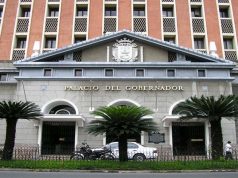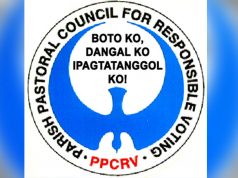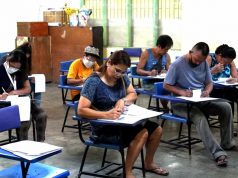Amid the release of different pre-election surveys before the high-stakes national polls next week, questions about a law’s provision related to the topic were raised online.
A Twitter user on Tuesday recalled a provision of the Fair Election Act, also known as Republic Act 9006, which covers the election surveys.
Section 5.4 states the following: “Surveys affecting national candidates shall not be published fifteen (15) days before an election and surveys affecting local candidates shall not be published seven (7) days before an election.”
A Filipino pointed this out and inquired in a tweet if the provision could be applied to a polling firm that released a survey on Filipinos’ preferred presidential bets for the 2022 elections.
Hi, @COMELEC Would this be a valid claim? #PHVote #Halalan2022 pic.twitter.com/4GrnIU252C
— JPG (@joel_gregorio) May 2, 2022
In a survey conducted from April 16-21, 2022, Pulse Asia reported that former senator Ferdinand Marcos Jr. remained on top of the rankings along with his running mate, Davao City Mayor Sara Duterte-Carpio.
Around 56% of the respondents said they preferred Marcos while 23% preferred his rival, Vice President Leni Robredo.
Sen. Manny Pacquiao was preferred by 7% of the respondents while 4% chooses Manila Mayor Isko Moreno Domagoso.
Duterte-Carpio, on the other hand, enjoyed 55% of respondents’ preference. Senate President Tito Sotto III comes second at 18%.
Romulo Virola, former secretary general of the National Statistical Coordination Board, shared that there were “flaws” in the said survey as there was an “underrepresentation” and “overrepresentation” of respondents in terms of age groups, socio-economic classes and educational backgrounds.
James Jimenez, spokesperson of the Commission on Elections, answered the Twitter user who asked about the provision in a quote tweet to clarify if there was a violation of the elections law.
“No. The provision being cited—Sec. 5.4 of RA 9006—was struck down by the Supreme Court for being unconstitutional,” he wrote on Tuesday.
No. The provision being cited – Sec. 5.4 of RA 9006 – was struck down by the Supreme Court for being unconstitutional.
SWS v COMELEC
GR No 147571
May 5 2001 https://t.co/BWzEEkIJtH— James Jimenez (@jabjimenez) May 3, 2022
Jimenez cited the case between Social Weather Stations and Manila Standard versus Comelec, otherwise known as General Register 147571 (May 2001).
The Supreme Court concluded in the case that the provision of RA 9006 was “unconstitutional.”
“For reasons hereunder given, we hold that S5.4 of R.A. No. 9006 constitutes an unconstitutional abridgment of freedom of speech, expression, and the press,” it said.
“To summarize then, we hold that S5.4 is invalid because (1) it imposes a prior restraint on the freedom of expression, (2) it is a direct and total suppression of a category of expression even though such suppression is only for a limited period, and (3) the governmental interest sought to be promoted can be achieved by means other than suppression of freedom of expression,” it added.










